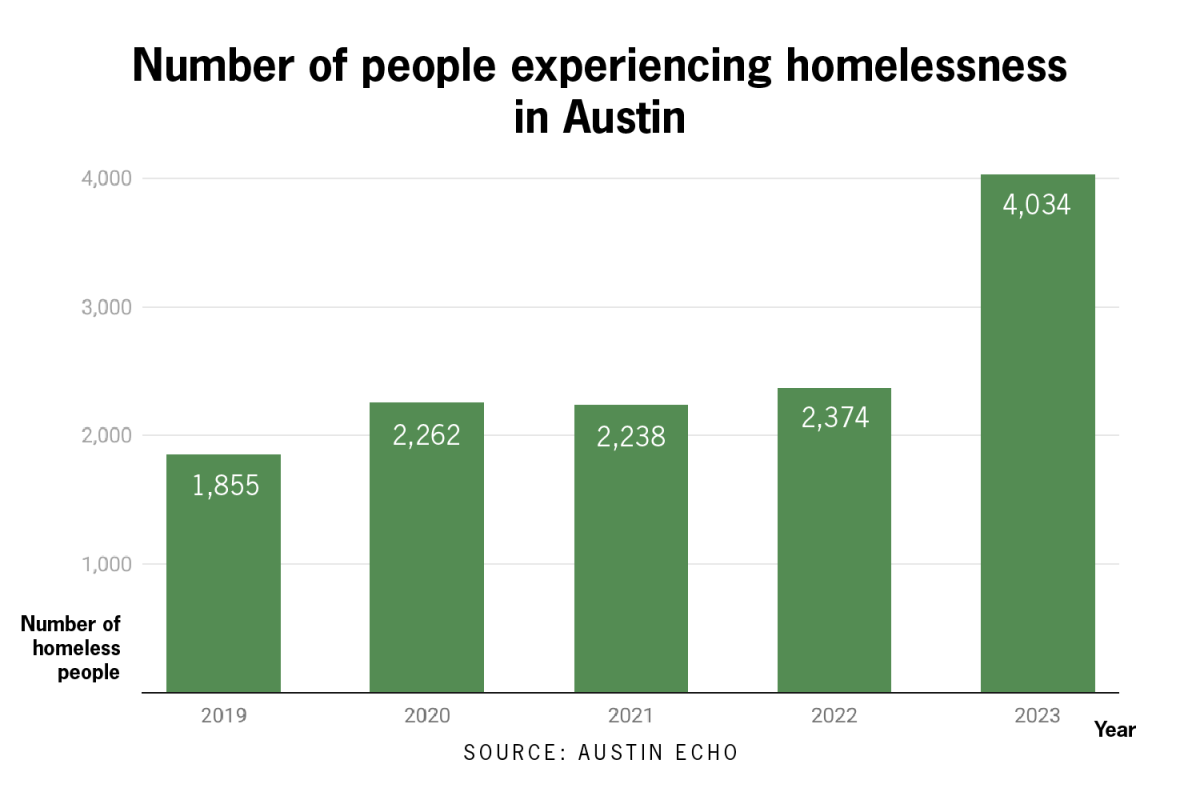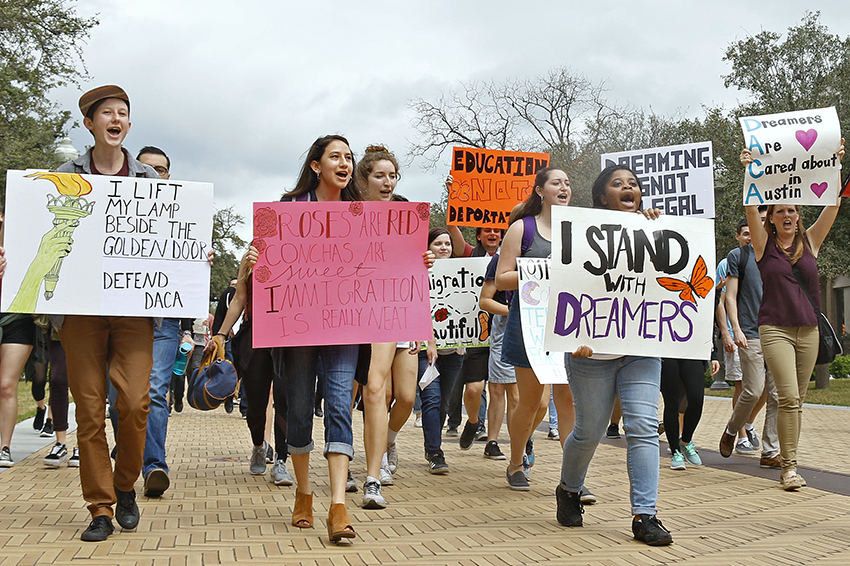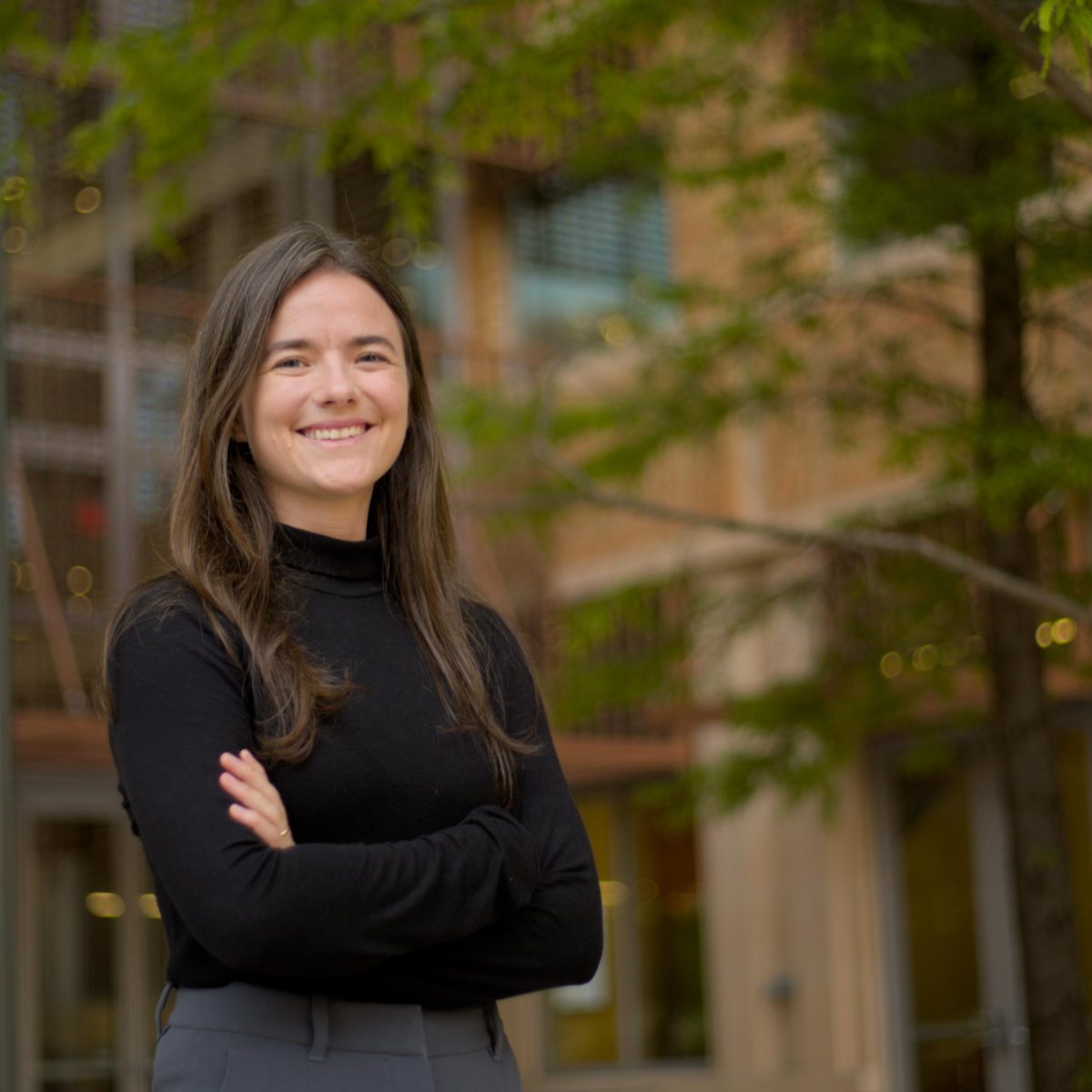Christina Diaz, an assistant sociology professor at Rice University, shared explanations of why the Hispanic immigrant population has overall better health outcomes than other United States foreign populations on Nov. 17.
As part of the Friday Seminar Speaker series held at UT, the Population Research Center invited Diaz to speak on her research about the impact of Hispanic cultures and legal status on health, as well as the Hispanic health paradox.
Diaz’s research focuses on the health of Latin American immigrants and the changes to American culture in response to immigration. Her lecture specifically showcased her ongoing research regarding the Hispanic health advantage, Diaz said during the seminar.
“I think this is a topic that rightfully receives a lot of attention,” Diaz said during the seminar. “This health advantage has perplexed scholars because it (can seem) implausible that Mexican immigrants could be so healthy, despite the fact that they have low levels of education and income.”
One explanation for this health advantage is based on familism, or the importance of family within the Hispanic culture, which may positively influence health. However, Diaz said her work with the Hispanic community health survey showed there was no evidence familism was associated with physical health.
“Our results actually suggest that individuals who report higher levels of family obligation report higher levels of depression and anxiety,” Diaz said. “We feel confident based on this that familism doesn’t pass the test of solving this Hispanic health paradox.”
An explanation Diaz supports is regarding low data quality as Hispanic immigrants are more likely to underreport health conditions due to unequal access to health care. Shannon Cavanagh, the organizer for the Friday Seminar Series, said this instance demonstrates the difference in social determinants, or health inequalities we usually expect from social conditions.
“Latinos have a longer life expectancy and better health outcomes, which brings up the question of, ‘Why don’t these social determinants work in the same way?’” Cavanagh said.
A final explanation to this puzzle involves the “Salmon bias hypothesis”, which argues that less healthy Hispanic immigrants return to their country of origin because they’re no longer able to work or want to be with their families. Diaz said, however, it is important to point out that the U.S. deports the healthiest Hispanic populations.
“The health advantage that we actually observe for the current population would be much more magnified if it wasn’t for these massive outflows of deportees,” Diaz said. ”Scholars need to pay more attention to what’s happening before (and after) migrants leave their home.”
Cavanagh said that Diaz’s research complements the Population Research Center’s work on health disparities and population health. She said it provides a microscopic view of the health paradox that can provide broader insight into experiences across cultures.
“There’s a lot of ways of understanding the human experience,” Cavanagh said. “Through a population-level lens, we can understand these experiences, moving beyond the (specific) stories about Latinos to remind us of the complexities of everyday life.”




















